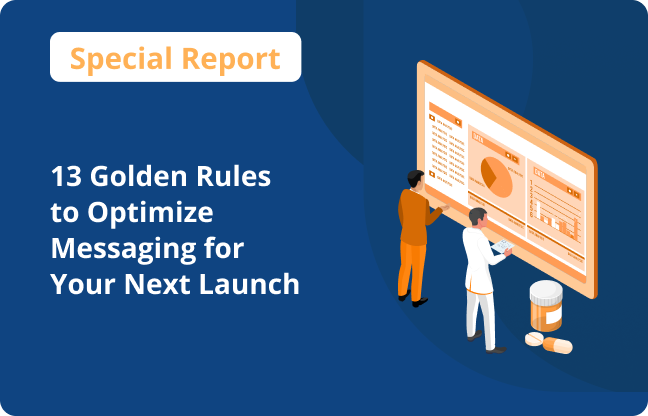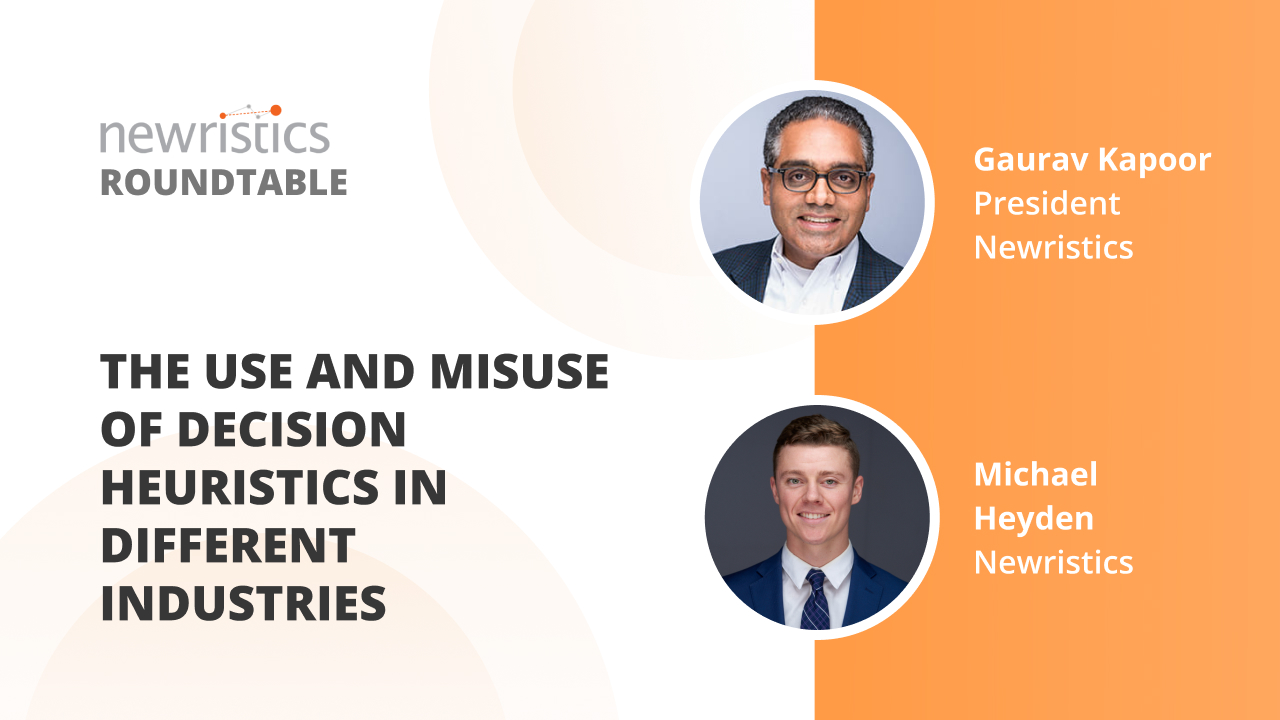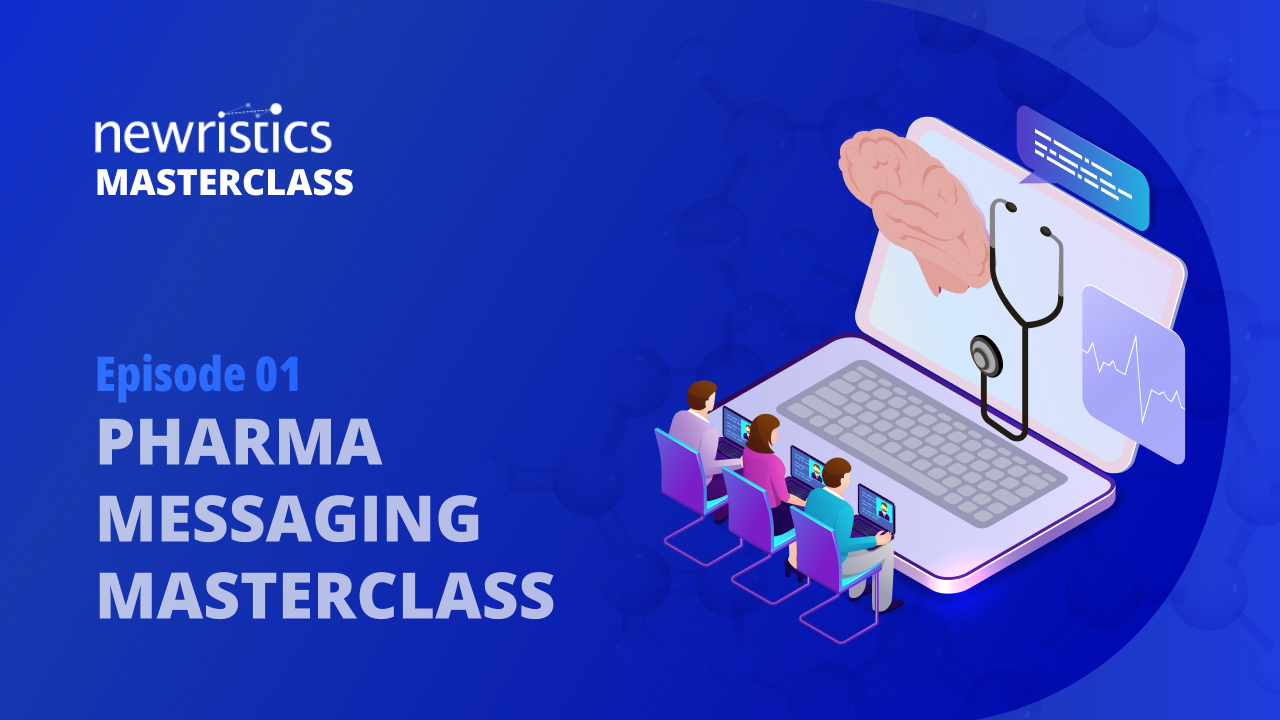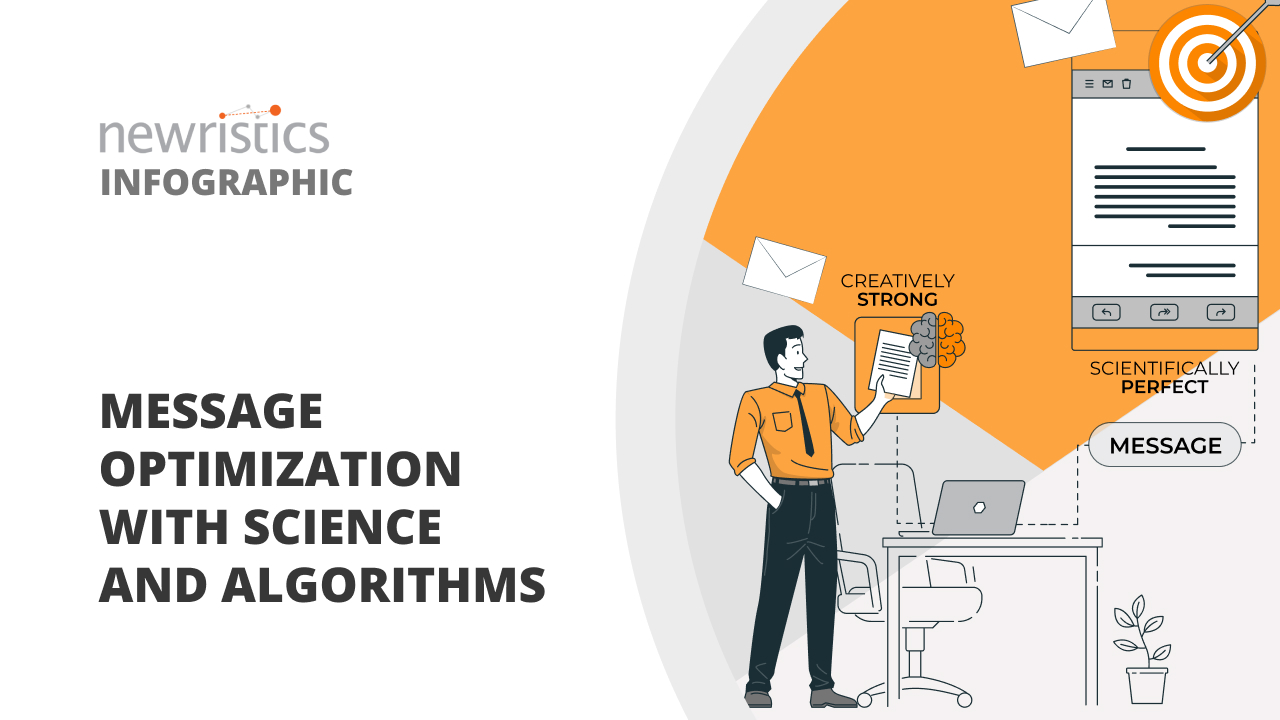What is HCP Engagement?
HCP engagement refers to the process of connecting, interacting and building a meaningful relationship with HCPs so that pharmaceutical companies can support HCPs in their practice and improve patient outcomes.
For pharmaceuticals, effective HCP engagement improves reputation, enabling them to stay competitive in the market and contribute to the success of their products and services.
This is an ongoing relationship with open and transparent communication that responds to HCP needs and feedback. It involves communicating the latest developments, offering relevant information, and providing effective tools and solutions to inform better HCP decisions.

Interestingly, while millions are invested in market research to understand HCPs’ behaviors, preferences, and decision-making drivers, this research often focuses too narrowly on treatment decisions from a physician’s perspective. What’s often overlooked is that HCPs are human first, not just treatment decision-makers. This gap creates a significant disconnect, as pharma brands frequently fail to capture the human side of their customers, neglecting the dynamics that shape their professional behavior. Check out this data-backed infographic to explore the rapidly changing landscape of medicine and how it is impacting the lives of physicians in the US. As a result, traditional engagement methods are being replaced by innovative digital HCP engagement tools and omnichannel strategies.
Digital HCP engagement is the use of digital technologies, tools, platforms, and channels in the engagement process, driven by the increased demands for personalization and seamless experiences. Tech-savvy healthcare professionals, especially younger HCPs, now emphasize a work-life balance and prefer the convenience and ease offered by digital technology.
Digital engagement takes place through e-mail, social media, apps, virtual meetings and events, websites and other digital communication channels. It involves providing online educational resources, creating interactive portal content, edetailing, harnessing data and leveraging behavioral targeting.
 Blog posts
Blog posts Newristics
Newristics
 01 Feb 2024
01 Feb 2024

 Back
Back Share
Share



















 Roundtable
Roundtable

 Video
Video

 Infographics
Infographics



